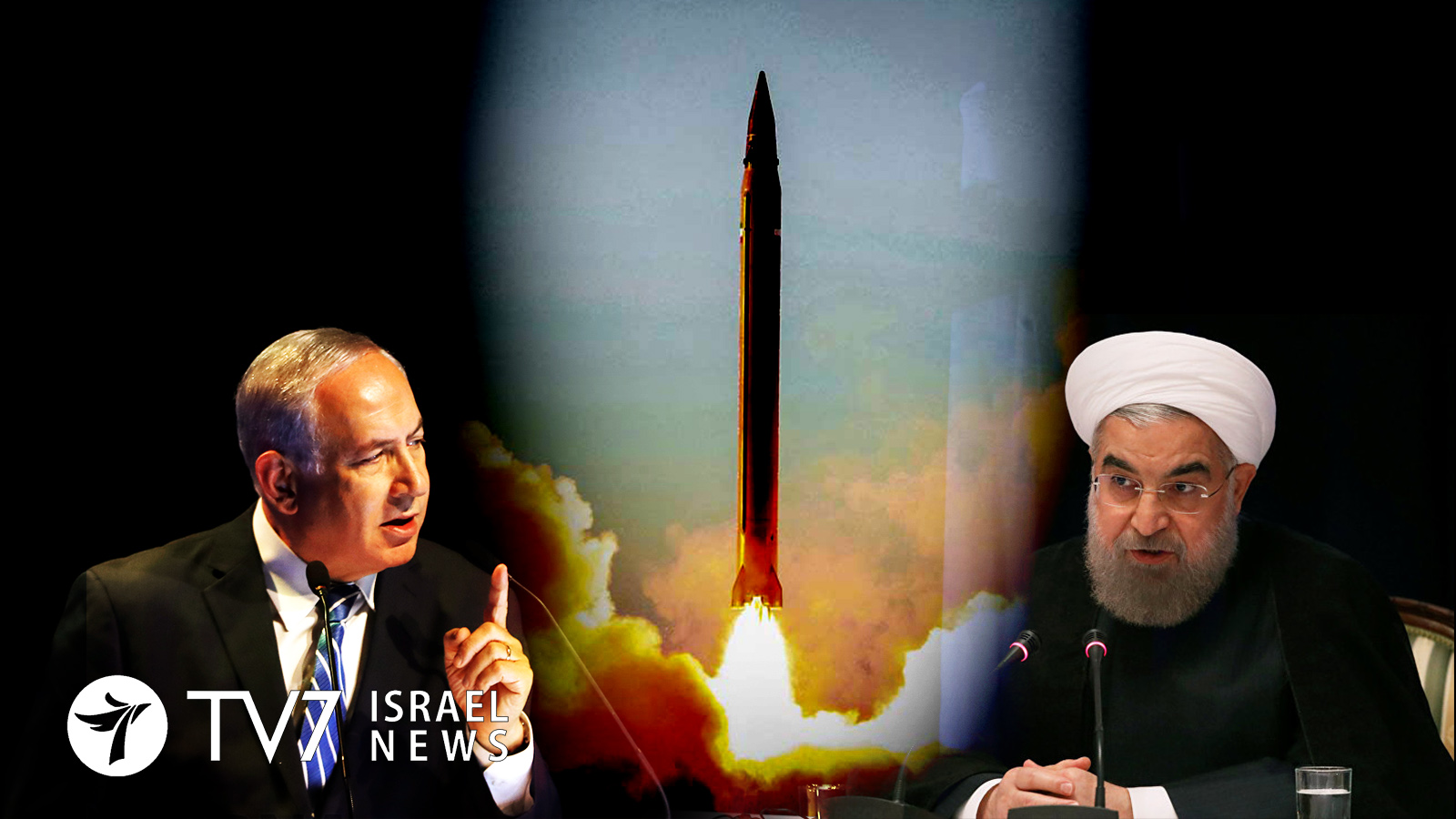The international ministerial conference on promoting a future of peace and security in the Middle East came to an end last night (past), after two days of discussions that primarily focused on the threats that emanate from the Islamic Republic of Iran. At a final press conference that sought to summarize discussions held by representatives of the 60 countries in attendance at the Warsaw summit, U.S. Secretary of State Mike Pompeo declared that ‘a need for more sanctions on Iran is necessary to deny its clerical regime the resources to create so much destructions across the Middle East.’ “We make no bones about it, we think that we need more sanctions, more pressure on Iran. We think that it gives Iranian people the opportunity to get what it is they so richly deserve. We think that denies the Iranian kleptocracy, the clerical leaders there, the wealth and resources they need to create so much destruction that we heard about from countries all across the world in these two days,” Pompeo said.
While some countries decided to send lower-level diplomats to the Warsaw conference to indicate their dismay over the American policy directed at Iran, including France and Germany; Secretary Pompeo pointed to the fact that all countries in attendance voiced a unanimous position on the malign nature of the Islamic Republic. In his words, “There was not a defender of Iran in the room. No country. No country spoke out and denied any of the basic facts that we all have laid out about Iran, the threat it poses, the nature of regime. It was unanimous.”
In weeks leading up to the summit, EU Foreign Policy Chief Federica Mogherini claimed that she had prior engagements on the dates of the Warsaw conference, forcing her not to attend. That said, EU diplomats revealed to TV7 that Mogherini sought to avoid scrutiny over her persistence on preserving the 2015 nuclear agreement with Iran, and had urged France, Britain and Germany to either shun the conference as well or send representatives of lower rank.
Meanwhile, the ongoing efforts by Paris, Berlin and London – together with Foreign policy Chief Mogherini – to preserve the Iran nuclear deal have infuriated the United States, which has on several occasions during the conference underscored its frustration with Europe’s actions. According to U.S. Vice President Mike Pence, “Sadly, some of our leading European partners have not been nearly as cooperative. In fact, they have led the effort to create mechanisms to break our sanctions. They call this scheme, a Special Purpose Vehicle, we call it an effort to break American sanctions against Iran’s Murderous Revolutionary regime. It is an ill-advised step that will only strengthen Iran weaken the EU and create still more distance between Europe and the United States. The time has come for our European partners to withdraw from the Iran nuclear deal and join with us, as we bring the economic and diplomatic pressure necessary to give the Iranian people, the region and the world the peace security and the freedom they deserve.”
Ahead of a meeting that was held this morning between U.S. Secretary of State Mike Pompeo and E.U. Foreign Policy Chief Federica Mogherini; the European Union’s top diplomat refused to answer questions about the strong rebuke that was voiced by Vice President Pence. Instead, her office released a statement in which she emphasized the importance of cooperation between the E.U. and U.S. and the work currently being done to achieve a “peaceful and democratic transition in Venezuela, the need to ensure a political transition in Syria and support peace in Afghanistan,” among other global issues. Mogherini and Pompeo concluded their meeting, which sources referred to as “cold and tense,” by promising to maintain contact.
